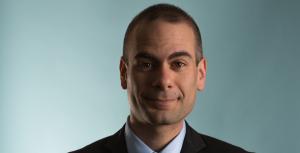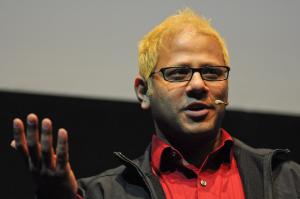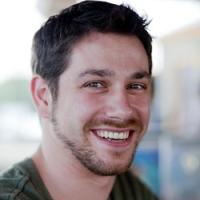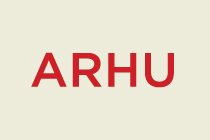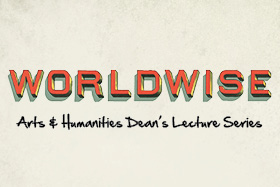Area students explore music technology and career opportunities at the School of Music FAME summer camp.
By Kelsi Loos, Office of Communications
A roomful of young students tap on samplers and edit keyboard melodies on software they just learned how to use. A few sing softly into microphones. A teacher walks around, answering questions. It should be chaotic, but it isn’t. Everyone is focused and completely absorbed by their projects. This is the FAME Music Technology Program.
The program gives area students grades 8 through 12 a chance to explore cutting edge recording software and music composition. Even more importantly, said Toni Lewis of the Foundation for the Advancement of Music and Education (FAME), it gives students a glimpse of educational and career opportunities in music and prepares them to take advantage of those opportunities.
With funding from the United Way and The Community Foundation for Prince George’s County, FAME, a nonprofit dedicated to promoting music education to youth, offers the program free of charge and provides lunch.
The two-week summer camp was founded last year when School of Music graduate Mike Maddox suggested that Professor Bill Evans collaborate with FAME .
Maddox and Evans had worked together teaching at Sherwood High School and Maddox knew that Evans was already planning a music camp of his own.
They joined forces with FAME and started building a curriculum while FAME began contacting area schools for student nominations.
The course was based on Evans’ MUSC463 “Applications of Music Technology” class which teaches students to use the recording software Pro Tools, Sibelius and Garage Band. Students also learn songwriting skills, music theory and how to share and promote their music online.
Students can record in the piano lab or jazz ensemble room and edit their compositions in the computer lab. For most of the students, it was their first chance to work in a professional studio.
Evans and Maddox were also sure to include lessons on the music industry as a business. Composer Robin Hodson from SoundTree, the educational division of Korg, was invited to speak to the students and share his career experiences.
“They’re actually getting a little bit of college curriculum,” Evans said, adding later that it demonstrates to the students, “ok, college is something I could do.”
Destiny Williams, 18, a recent Oxon Hill High School graduate said the program “most definitely” prepared her for a college career in music.
The response from the students and the community has been very positive and the number of students rose from 16 last year to 19 this year and the number of applicants doubled, Lewis said. The program also expanded from one week to two weeks. FAME hopes to further expand the program to a month-long summer program next year.
“From day one, I was hooked on it,” said David Dixon, 16, a student at Eleanor Roosevelt High School.
To hear student work, please visit soundcloud here or here.
See a Youtube video promoting the camp.


